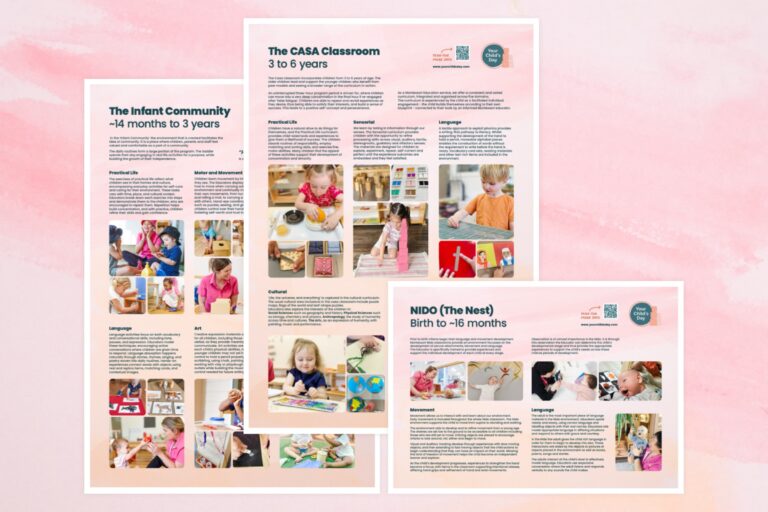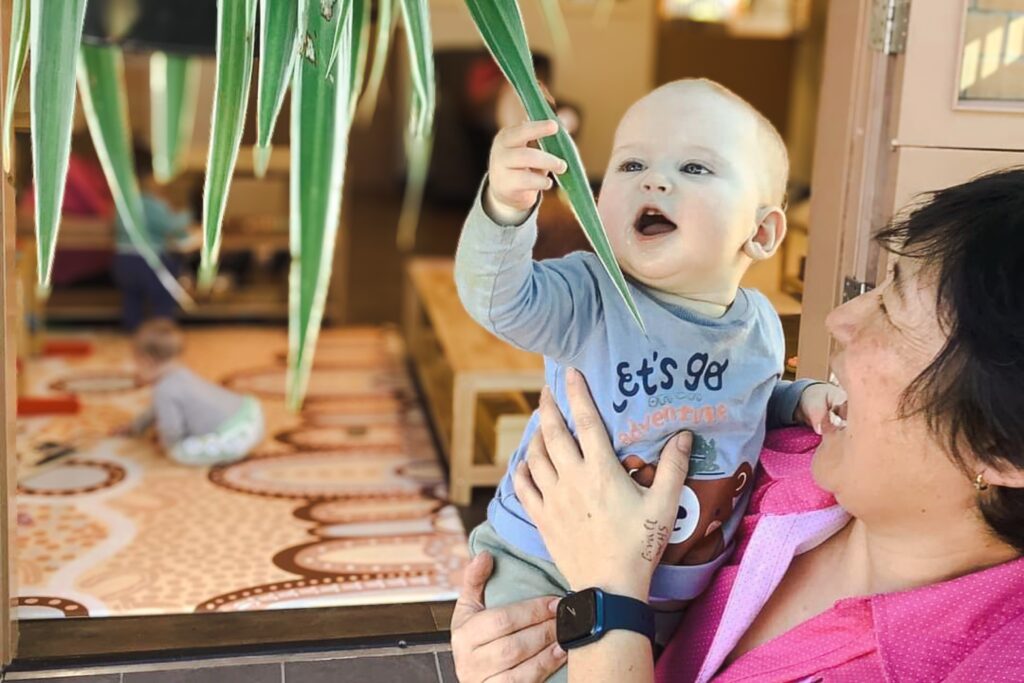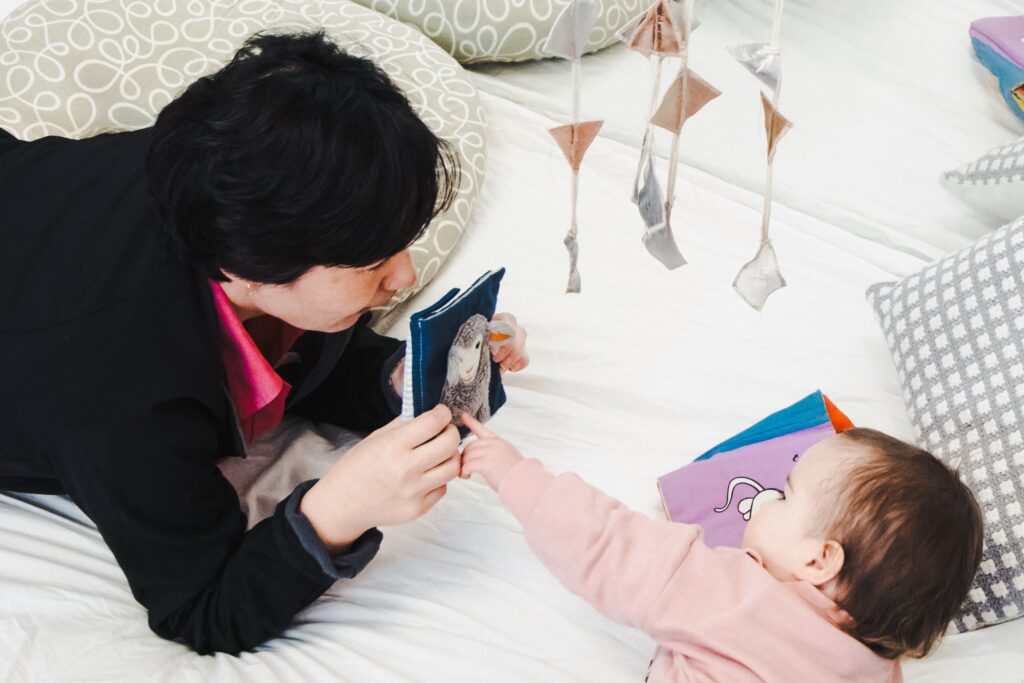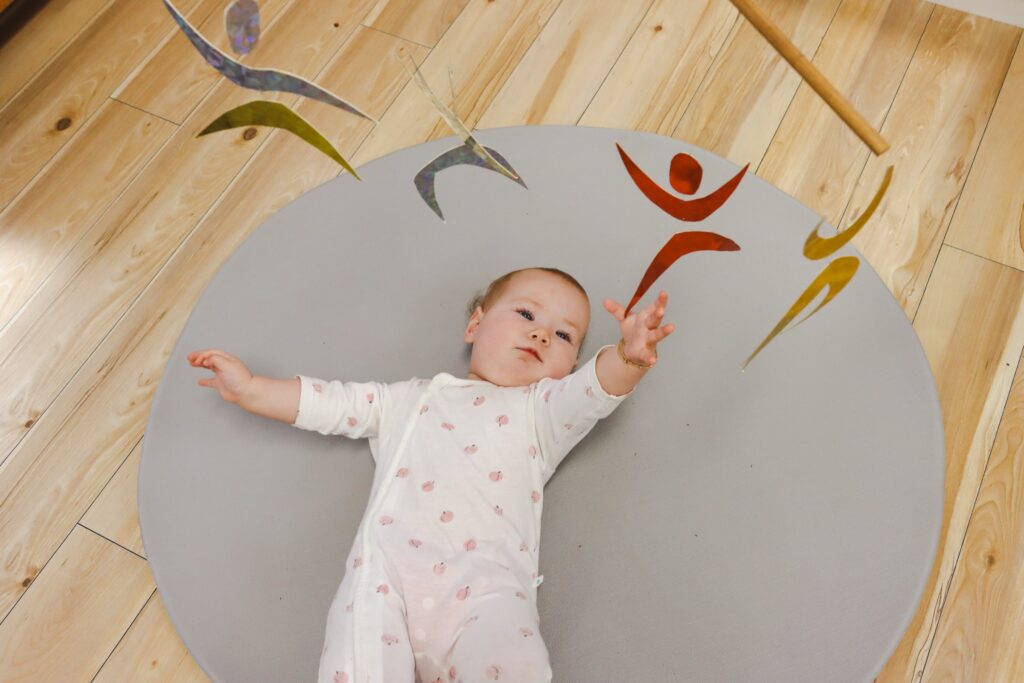Observation
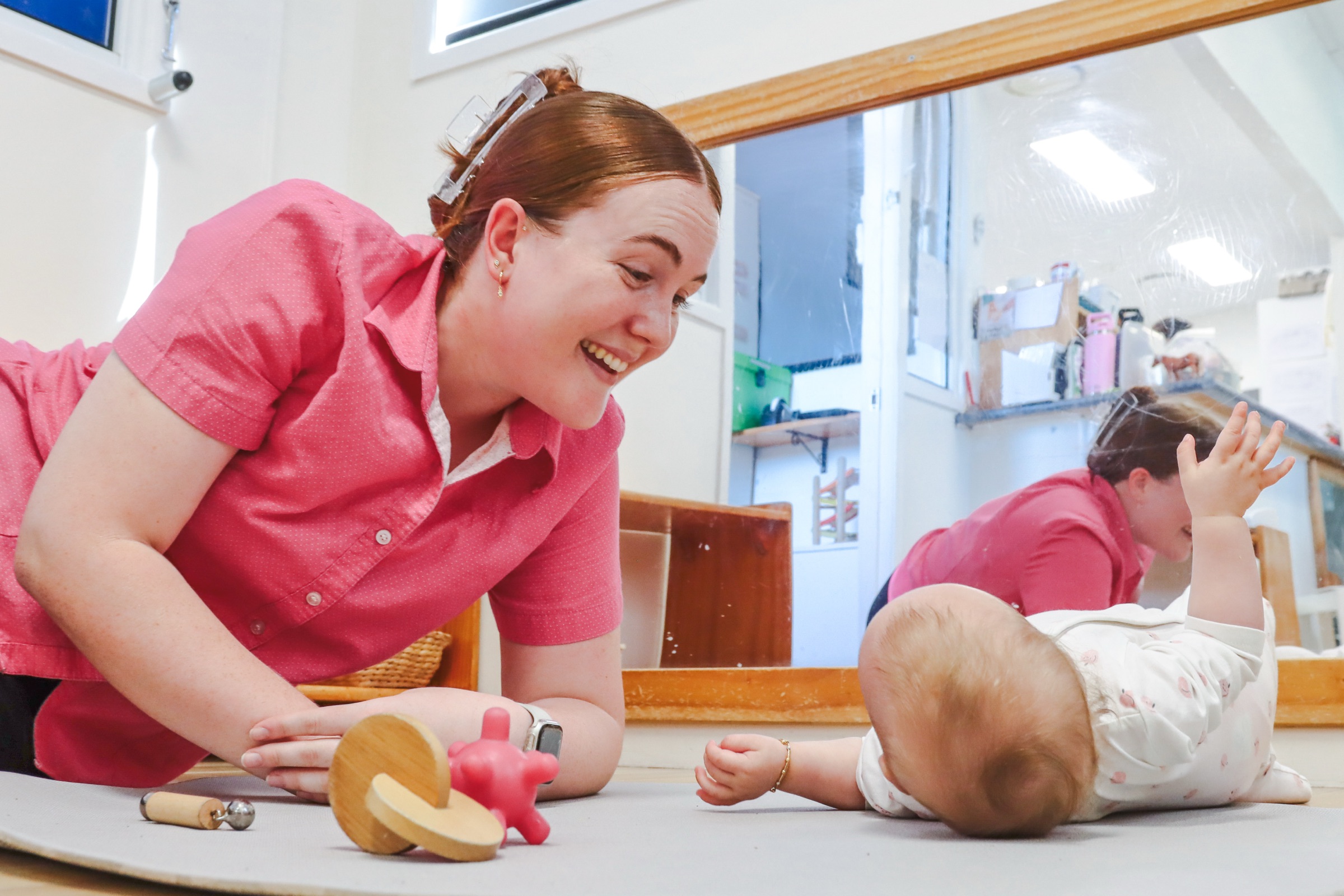
Observation is crucial in creating the environment and catering for each individual child. It is a science and an art. The educators will practice and show humility, to be there in the moment with no judgement, taking time and slowing down. They develop the powers of objectivity and to be accurate in what they write.
For the younger child, especially under 3’s, the more important it is to develop these skills. These children often can’t verbalise what they want so we need to ‘see’ what they need and what is going on. As you become a better observer you see children more accurately. Babies are very observant which is shown by the response they have to their mother. They draw from the mother what they need to create a healthy attachment.
The first community a child has experience with is the family. Each family is a community. The Nido and Infant Community is creating another environment where there is a community. A community of children.
There are three ways to observe:
- Self-reflection which may include writing a journal on yourself.
- Direct Observation which is where you sit back and record without engaging with the child
- In-direct Observation is recording or noting details on the child whilst you are working in the classroom.
How to Observe:
- Be open and accept another way. We don’t always know everything that has happened before. We can only observe what we see there and then.
- Have a silent mind (be in the present). Leave your personal life at the door.
- Be non-judgemental. Put aside your personal preferences, stereotyping, prejudices assumptions and expectations.
- Be a scientific Observer. You need to be exact, accurate, write just the facts and what you see in front of you.
- Be objective. You need to not bring in feelings or personal emotions. It is a privilege to observe a child in their home. It is an honour. You need to be respectful of the child.
- See and Listen. See the child for exactly who they are and what they are doing. Write exactly what they say, the sounds they may make.
- Observe with love. We can only transform things through love. If you use love and calmness it will make a situation better. It is an acceptance of whatever is happening. Children that are hard to love often teach us the most about ourselves through self-reflection.
- Practice.

